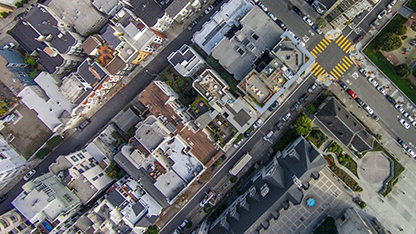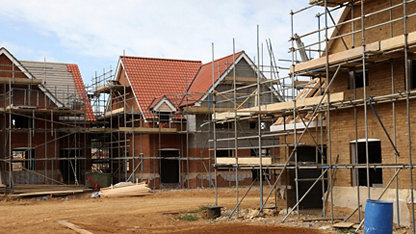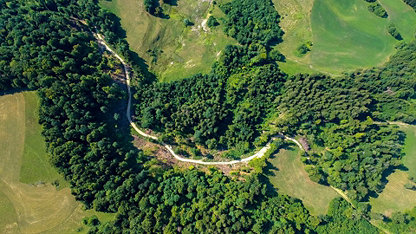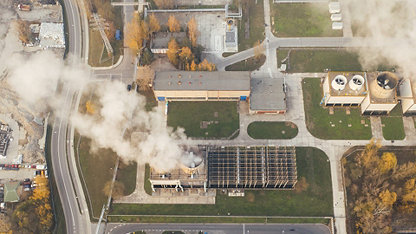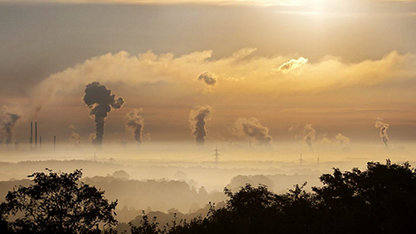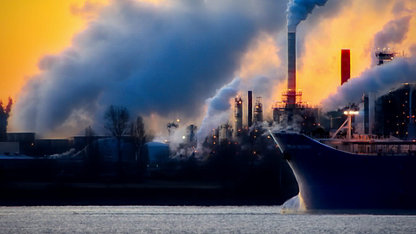Rapid urbanisation, and its contribution to climate change, raises profound questions about how the built environment sector needs to evolve to ensure future growth is managed sustainably.
The following five key facts from our Futures 2020 report highlight the scale of change taking place – and its potential impact on our natural environment:

And this is growing rapidly:


This will mean around 6.5bn people will be based in large urban areas, and such change will require significant investment into the built environment:

...according to a recent OECD report. But urbanisation will bring greater environmental pressures:

The environmental impact of urban areas is established, and as they grow, the case for focusing on sustainability and reducing carbon emissions has become ever stronger.
Despite the impact of COVID-19, urbanisation seems set to continue at unprecedented rates to meet the needs of a growing global population, especially in emerging market countries. This brings with it profound economic and environmental challenges.
Our profession has a compelling opportunity to help manage these global demographic shifts in a way that is sustainable – through, for example, the application of technology and the careful measurement and stewardship of finite resources.
Doing so will help deliver better quality and more resilient places to live and work for future generations; cleaner, greener, cities that are capable of housing people more sustainably.
“The growing concentration of urban populations increases our exposure to systemic change, but it also creates opportunities to innovate at scale; redesigning cities to function more as groups of communities, and enhancing resilience through urban farming, distributed energy generation and local waste management. As cities set increasingly ambitious goals for efficient resource use, our sector can expect a rapid growth in circular business models such as space, heating, cooling, lighting and even furniture “as a service”- initially in the commercial property sector but increasingly in residential.”
John Kraus
Head of Sustainable Urbanisation, RICS
In our Futures 2020 report, we set out RICS’ response to the challenges of climate change and urbanisation, and the steps we are taking to help equip the profession to drive positive change.
Published date: 30 April 2020


